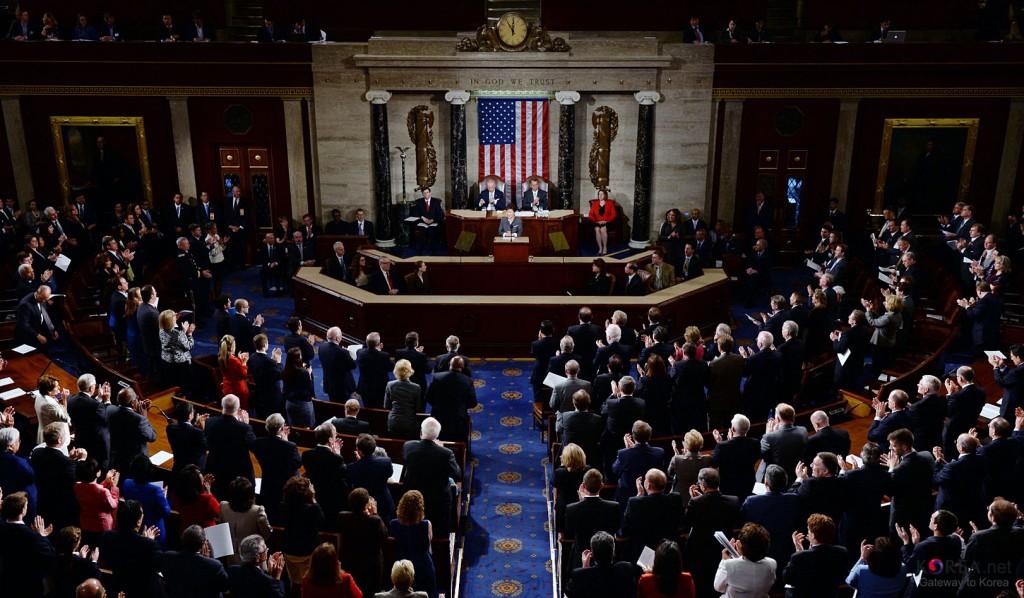More and more we’re seeing political leaders abandon good economic practices in the name of political and economic “progressiveness.” Policy is no longer about growth or the health of our national economy. It’s about “fairness.” The problem is these policies are stunting investment, reeling in risk, emphasizing group mentality over the individual and minimizing incentive, all to keep things “fair.” It’s frustrating that politicians can feed on society’s ignorance and convince the nation that the government is propelling us forward through means of “fairness” alone, even after admitting more than once that they’re willing to ignore good economic practices to essentially make society feel better. Government intervention always comes with unintended consequences, which then call for more intervention, and it’s a vicious downward spiral from there.
The governor of California, Jerry Brown, recently increased the minimum wage to $15/hour, phased in over six years, while admitting it was bad economics, but morally justified. Naturally, the liberal minds around the state rejoiced for the perceived act of so-called justice. Digging a little deeper, however, you’ll find that this course of action and the popular beliefs drawn from it don’t make sense. According to the Congressional Budget Office, raising the minimum wage to just $10.10/hour would cost the country one million jobs, so by that math, increasing the minimum wage to $15/hour would cost us maybe even another one million jobs. The people who would lose those jobs are among society’s most vulnerable. I won’t even go into how prices will rise as well. Additionally, because California geographically lacks much socioeconomic uniformity, costs of living in different cities vary drastically across the state. According to Chuck Devore of nationalreview.com, a minimum wage increase to $15 has about $8.15 worth of purchasing power in San Francisco but $14.15 in Bakersfield. So to say that the same labor is worth 74 percent more in Bakersfield than San Francisco is also false, and, dare I say it, unfair.
Let’s not forget President Barack Obama’s participation in tax equity and its consequences. Obama has said in the past that his incentive for wanting to raise tax rates on capital gains does not stem from a desire for more tax revenue and spending to spur economic growth, but from the moral viewpoint that the capital gains tax rate is too low compared to ordinary income tax rates, presuming that capital gains are only, or at least primarily, realized by the rich. He would rather decrease investment through higher tax rates than leave the morally objectionable rate in place that actually increases tax revenues.
There’s a quote by Joseph de Maistre that says, “Every nation gets the government it deserves.” Well, I think we live in a massive country that is, by popular vote, demanding a more massive government, while being unable to pay for it completely. This has led to an almost $20 trillion deficit, which, according to Romina Boccia of dailysignal.com, leaves every single person in America owing $58,000 each that they won’t likely pay. Is that moral? I think these demands are going to lead to further economic disaster, which, in the long run, will affect everyone negatively — the rich, the poor, your grandmother’s dog, everyone. I think the Federal Government has its place in society, but mandating more and more progressive taxes and higher minimum wages isn’t going to do us the good politicians say it will.


